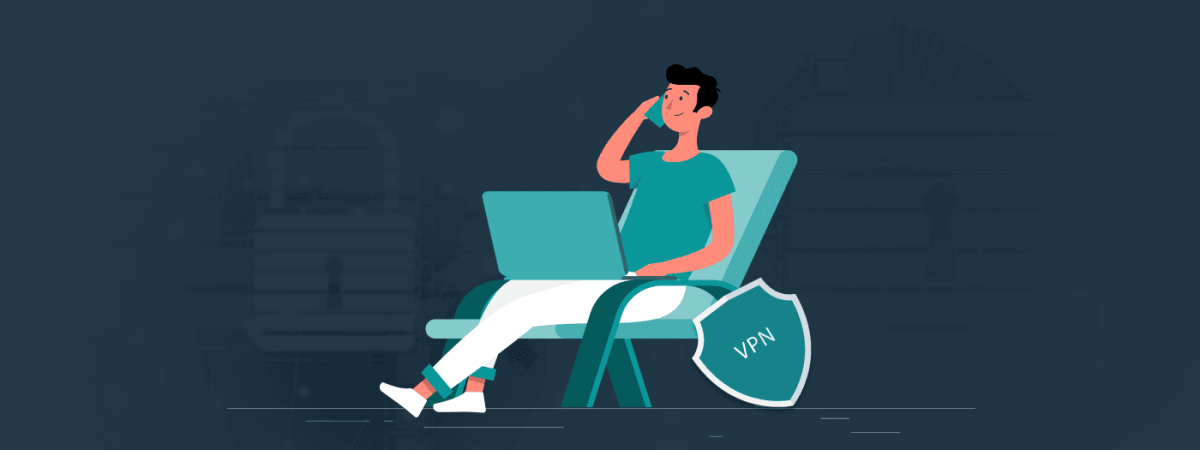VPNs are an invaluable tool for protecting against cybercrimes that have increased since remote work became more relevant than ever. However, it isn’t easy to select the best VPN service. Therefore, we created criteria to help you select the best VPN for remote work. Below are the factors you should look for:
Since the COVID-19 pandemic, employees have started working from home, and cybercrimes have increased.
Organizations had to resume work to stay afloat, giving their employees remote access to their systems. That resulted in the leakage of confidential data and multiple vulnerabilities in the security systems of businesses that were damaged for thousands of dollars.
However, companies can protect their data by telling employees to use a VPN while working. VPNs (Virtual Private Networks) have proven to be an affordable and user-friendly solution for significant gaps in cybersecurity.
What should you look for when choosing the best VPN for your individual and company needs?
Why remote workers need a VPN
Travel bloggers and freelancers typically have no choice but to use notoriously unsafe public Wi-Fi. VPNs have been an invaluable source of web security, enabling them to protect their data on the go.
Businesses that adapted quickly to the new normal couldn’t rely on the safety of their tech teams, which were looking for vulnerabilities. Additionally, many employees may not have been aware of the dangers unprotected devices could cause the company.
Accessing the system from the often unsafe domestic endpoints, such as private employees’ devices, created a vulnerability in the security systems.
Hackers can breach the chosen company’s sensitive data by breaching the unprotected systems of employees that weren’t protected in the first place.
Features to look for in a remote VPN
VPNs have many benefits and features that can improve your cybersecurity. Moreover, there are several premium VPNs, but which is the best VPN for you will depend on the size and requirements of your company or individual needs.
Below are four essential features of the best VPNs based on our experience and research:
#1 Speed
Remote work requires employees to connect to the company’s systems; sometimes, a VPN can slow it down. Great upload and download speeds also reduce frustration by making video meetings less interrupted by lag or buffering, making communication smooth and efficient. Therefore, you must ensure the VPN offers speedy servers.
#2 Unblocking geo-restricted areas
It might be necessary for remote workers with international clients to unblock social networks that aren’t allowed in your country or specific tools not yet available in the employee’s country.
VPNs change your IP address and camouflage where the user is originally from. Most VPN providers have thousands of servers that will hide your location and activity. That enables you to safely bypass content generally restricted in your area.
#3 Cybersecurity
With remote work, hackers and hacktivists might target a company’s systems or breach an unprotected individual’s device for data such as passwords and incriminating activity.
They might perform a ransomware attack and demand a fee, i.e., threatening to release your sensitive company information or incriminating records.
VPNs create a private network hidden from the public – one hacker can use it to find you. In that way, the VPN increases the security of remote workers.
Most attacks are undertaken using the employee’s email, i.e., by sending phishing spam emails containing unsafe links. VPNs hide your activity and do not allow access to potentially unsafe links.
What’s more, VPNs can disable a hacker’s attempts to lead you to unsafe websites that contain malware to extract your data.
#4 Easy to manage and use
VPNs can do wonders for your security, but they’re not intimidating. Even remote workers who are not tech-savvy can download and use a VPN with ease and not worry about its maintenance.
There are different VPN providers, and they might have additional premium options for advanced users. However, be sure to use a VPN service that offers an easy-to-use interface and multiple features.
If you want us to suggest a Virtual Private Network fulfilling the above criteria, we recommend using NordVPN.
Share this article
About the Author
Rebecca James is an IT consultant with forward thinking approach toward developing IT infrastructures of SMEs. She writes to engage with individuals and raise awareness of digital security, privacy, and better IT infrastructure.
More from Rebecca JamesRelated Posts
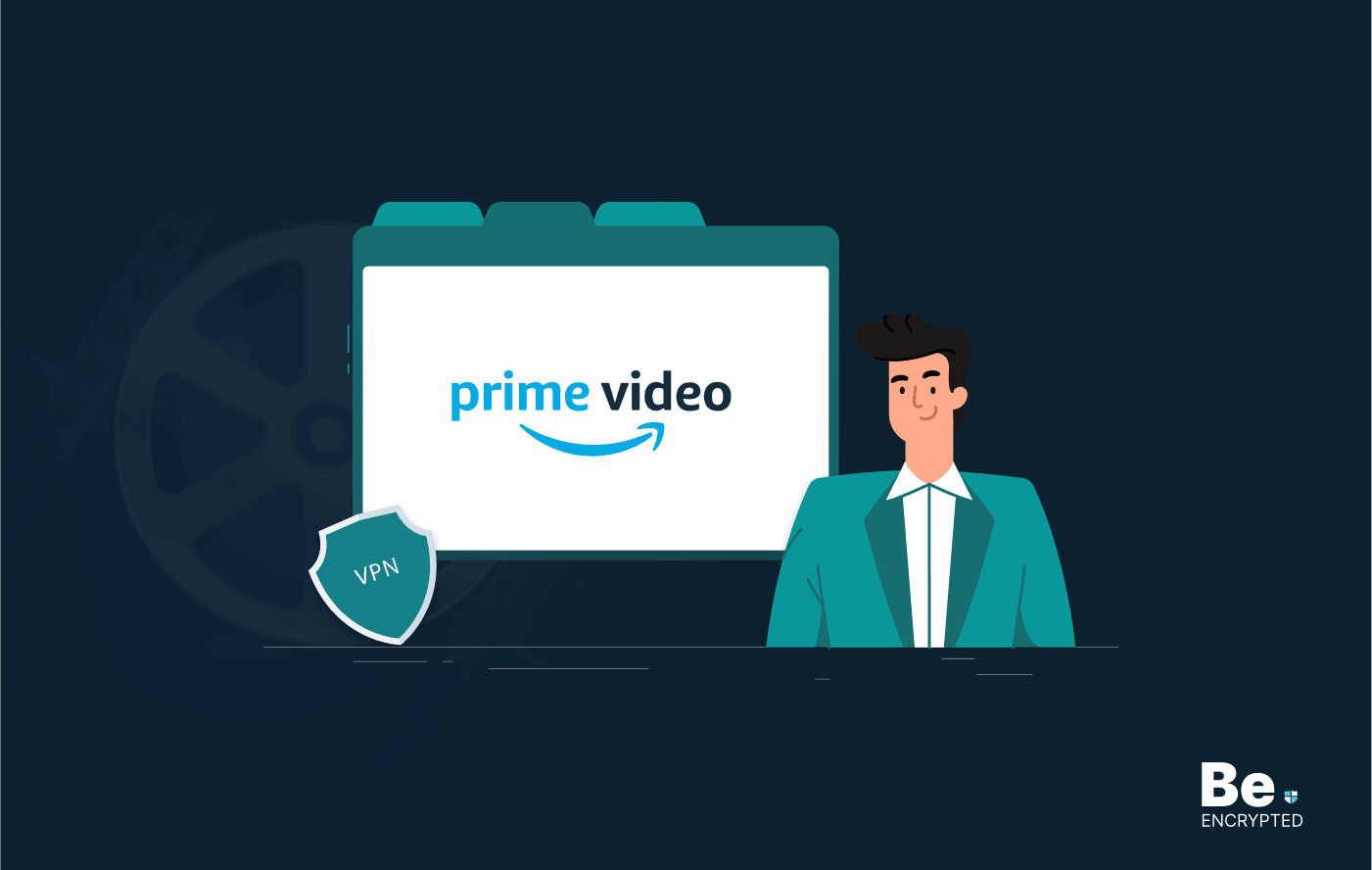
6 Best VPN for Amazon Prime Video in 2025 – Fast & Secure
KEY TAKEAWAYS Unblocking various Amazon Prime Video libraries is easy only if you know the reliable ...
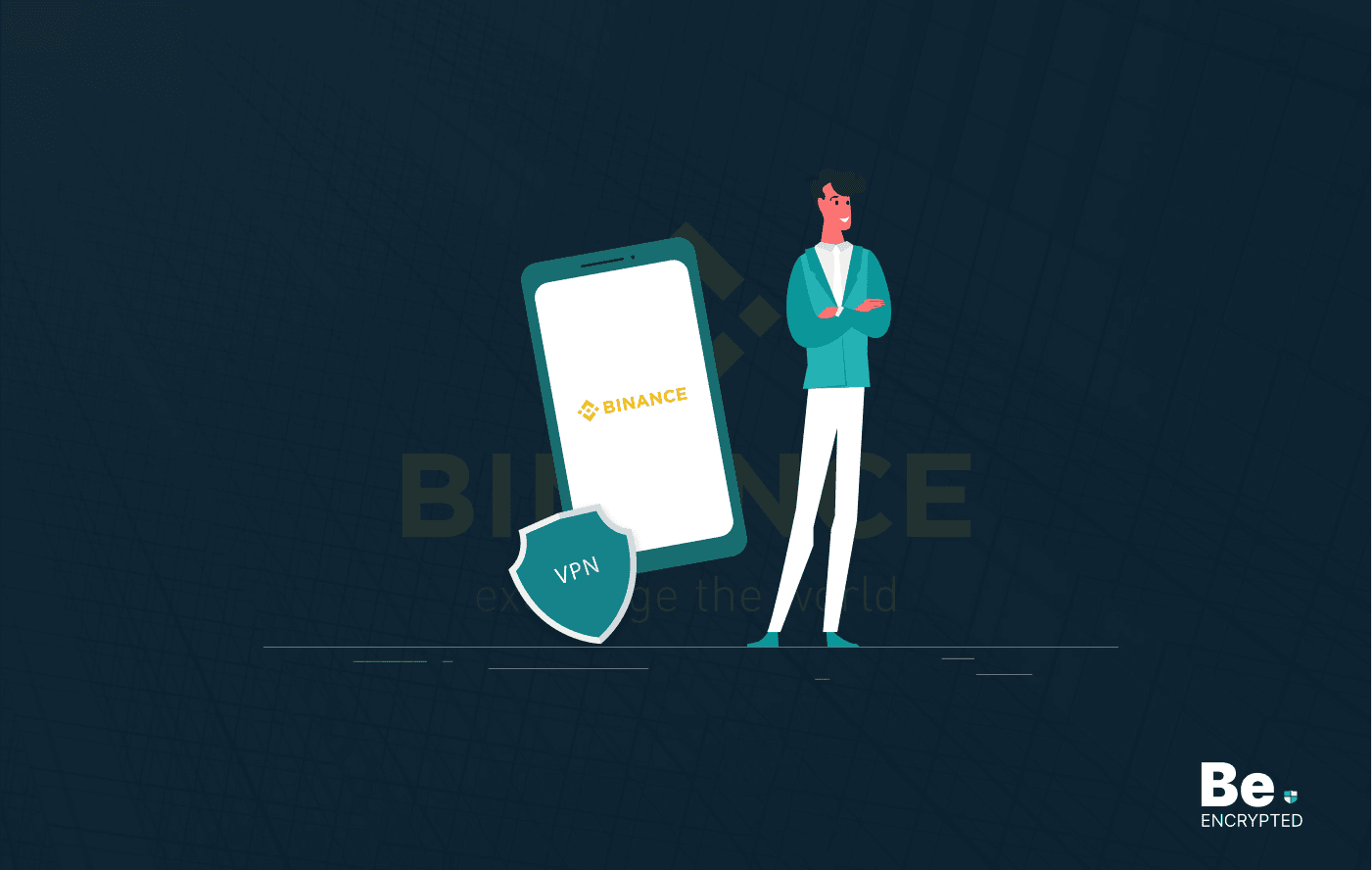
5 Best VPN for Binance in 2025
KEY TAKEAWAYS Crypto trading has become so popular that many malicious actors are trying to scam cry...
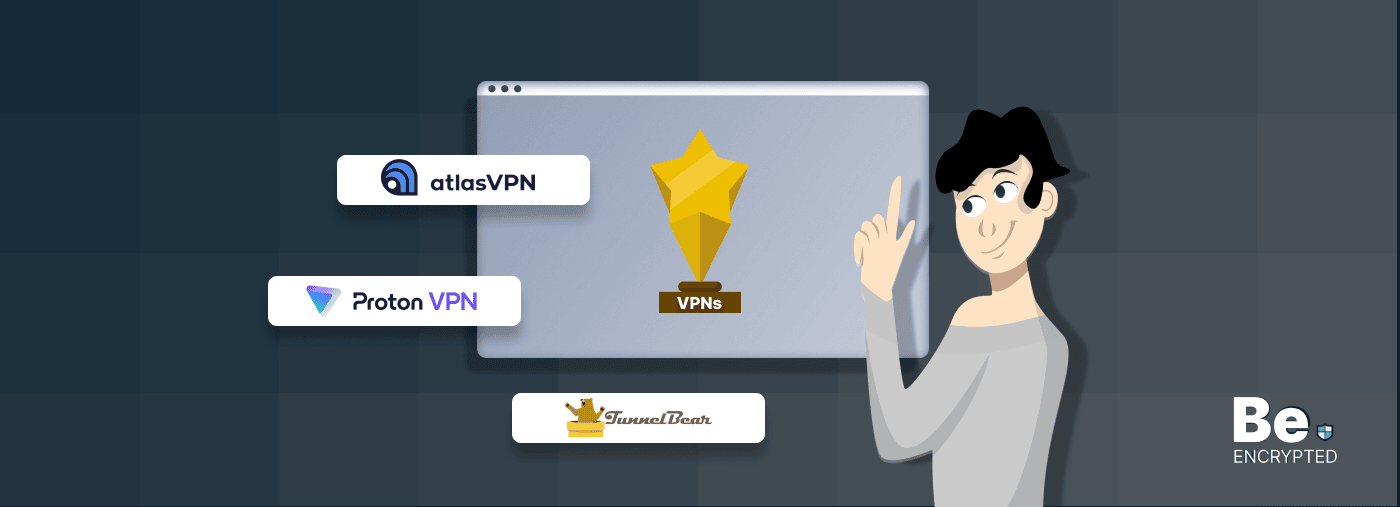
7 Best Free VPNs for Torrenting in 2025 – [Safe and Tested]
KEY TAKEAWAYS Not everyone can afford a VPN service on a tight budget. However, if you are going to ...

6 Best VPNs for Android TV in 2025
KEY TAKEAWAYS Most people like streaming content on Android TVs. However, Android TVs are also vulne...
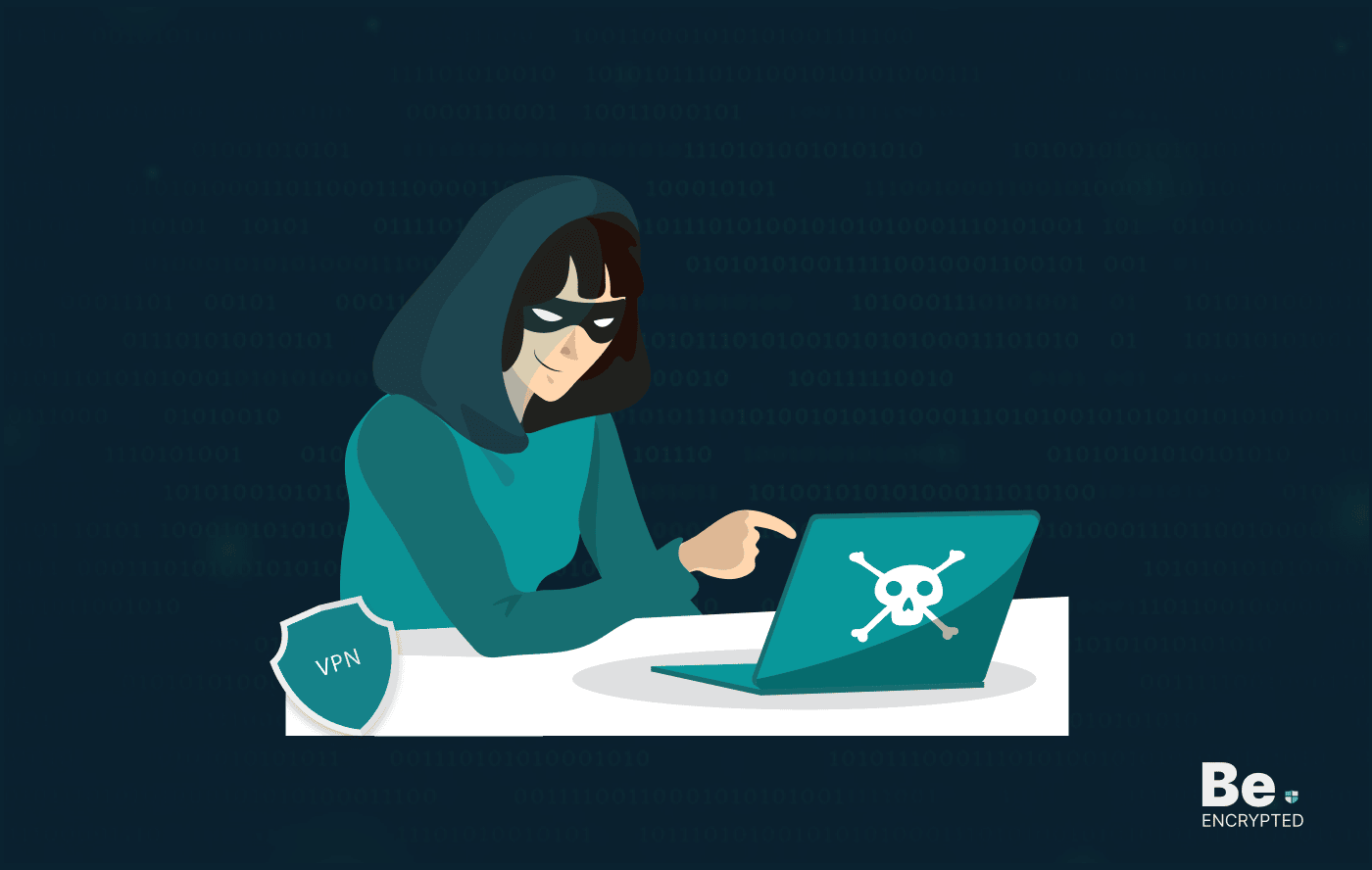
6 Best Dark Web VPN in 2025
KEY TAKEAWAYS The dark web isn’t a secure platform and using it only with a Tor browser doesn&...

6 Best VPNs for Popcorn Time – How to Stream Safely
KEY TAKEAWAYS Since the Popcorn Time app falls in the grey because of its torrenting nature, you sho...
